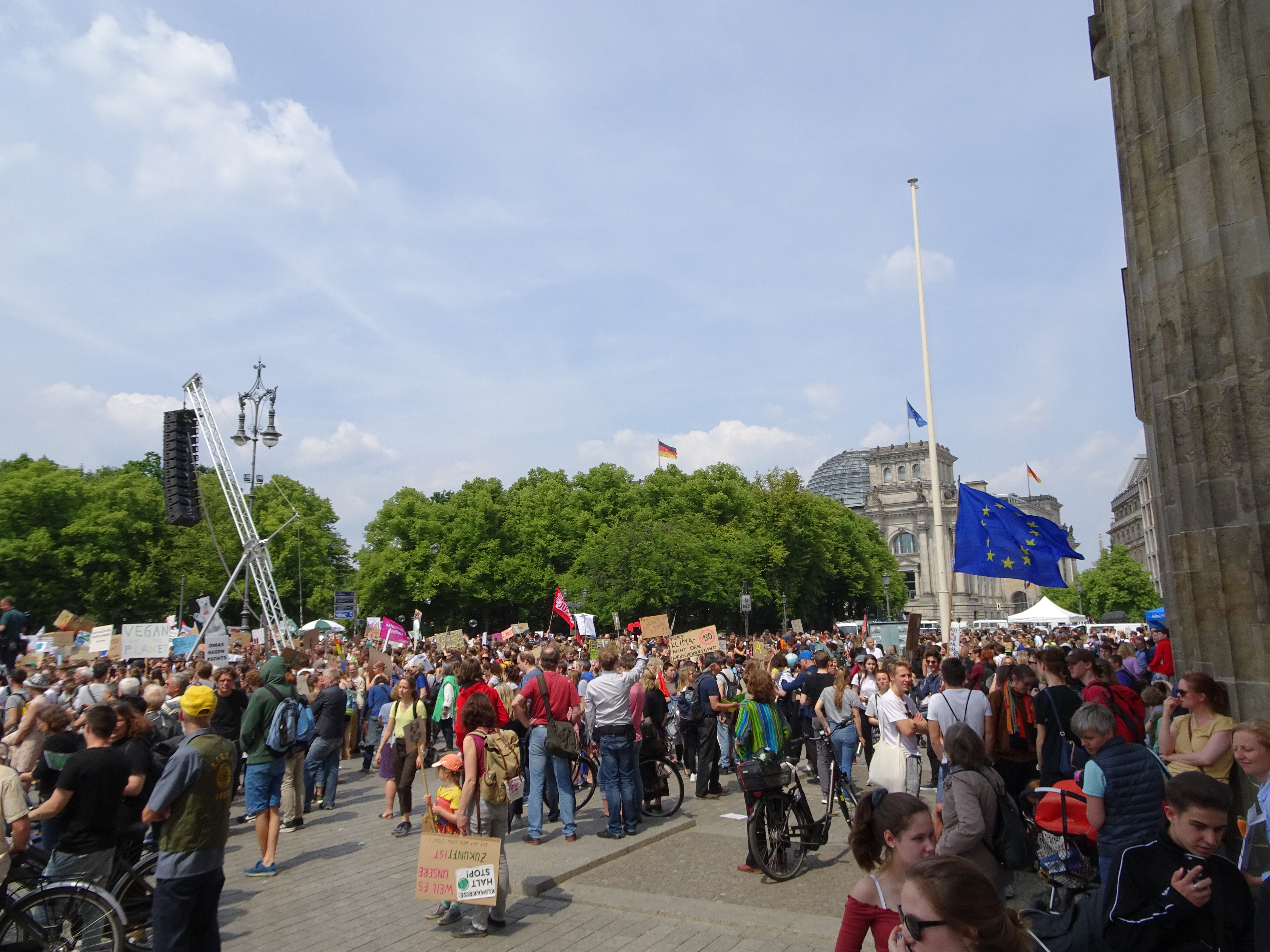Preview 2021 – ‘Elections will dominate climate debate in Germany’

Clean Energy Wire: What will become important next year in German climate policy, also taking into account the coronavirus pandemic and its effects?
Brigitte Knopf: Next year, the climate debate in Germany will be dominated by the elections. Not many decisions can be expected, but interesting political debates will show up. I see three major issues: a debate about an earlier phase-out of coal (instead of the decided year 2038), about a ban on combustion engines, and what a higher European climate target for 2030 means for Germany. Recent analysis shows that Germany’s climate package from 2019 falls short of meeting even the current target for 2030. So there will be a lot of work for the next government to strengthen the climate package. One important aspect in this context is to work towards strengthening the idea of carbon pricing, for example by setting up a second ETS [Emissions Trading System] for heating and transport at the European level.
What will be the impact of the German national elections on the country's climate policy efforts (and vice versa)? Will the issue play a role in the election campaign?
Climate will definitely play a big role in the elections, not only because the Green Party is the most important counterpart of the Christian Democrats CDU, but also because climate change has become an important topic for many voters. As climate impacts can also be experienced in Germany with summer heat waves, there is a growing public interest.
Climate will definitely play a big role in the elections.
However, the economic consequences of the coronavirus pandemic will also become more and more visible. Therefore, it will be important to work out the synergies between both topics. The debate about recovery programmes should put climate at the centre. We need a strong investment push and if these investments go towards new technologies, such as e-mobility or carbon-neutral production processes, it will be a long-lasting investment. Otherwise, we will invest in fossil infrastructure that we will have to phase-out in a few year time anyway, which would be more costly. It is important to support the jobs of tomorrow.
In March, the Federal Environment Agency UBA will publish emissions data for 2019 and the Council of Experts on Climate Change, of which you are a member, will assess this, also in light of the 2019 climate package decisions. Can you tell us what exactly the council plans to do and whether there will be a published report?
Based on Germany’s climate law, the expert council’s official task is to take a critical look at the emission data and analyse whether the binding yearly sectoral targets are met. This analysis will be published in a report by the middle of April. If a sector does not meet the target, the respective ministry has to provide a programme of immediate policy measures (“Sofortprogramm”) within three months. This programme will also be evaluated by the expert council.
The new CO2 price in transport and heating will take effect in January. What will this change mean and do you expect there to be any issues, e.g. opposition among the population?
Fossil fuel prices are currently lower than 2019 due to the coronavirus effect. This is good on the one hand, because the carbon price will not hit the consumers considerably. Moreover, there are a number of compensation measures in the climate package, such as a reduced renewables levy on power consumption, so that the increasing price should not hit the population too strong.
On the other hand, this means that the impact of the starting price of 25 euros will be limited. However, what is crucial is that we start with the new system and will gain experience so that at a later stage it can be expanded to the EU level.
In general, it would be better to communicate the introduction of the carbon price and the social cushioning mechanisms much more proactively: studies have shown that if carbon prices are communicated openly (instead of just arbitrary fluctuations at the petrol station), the effect on emission reduction is three to four times higher.

